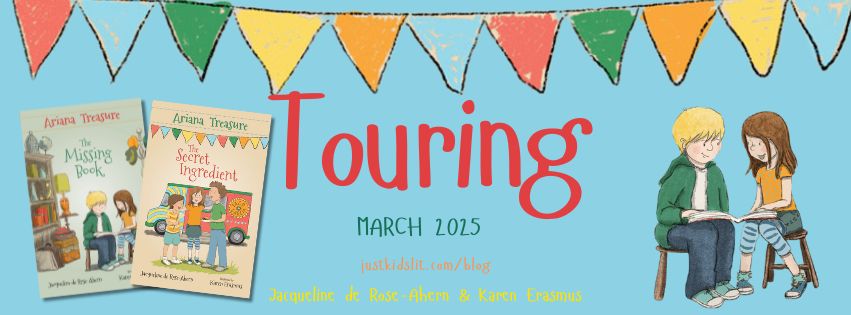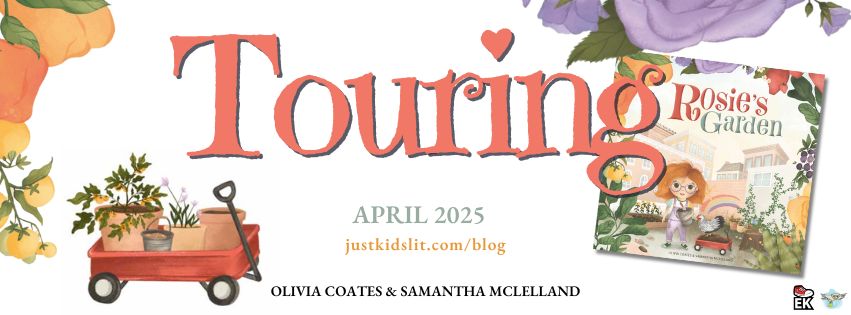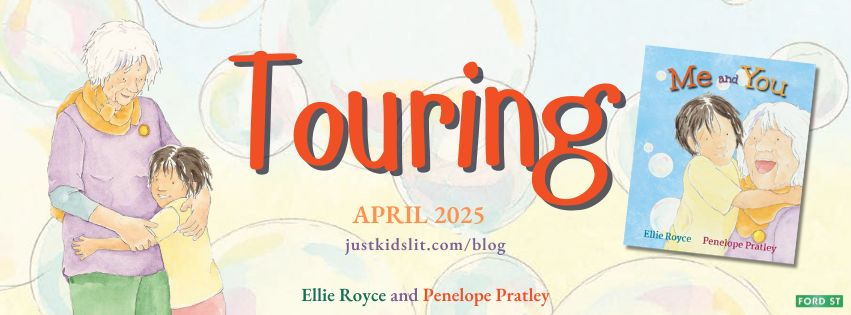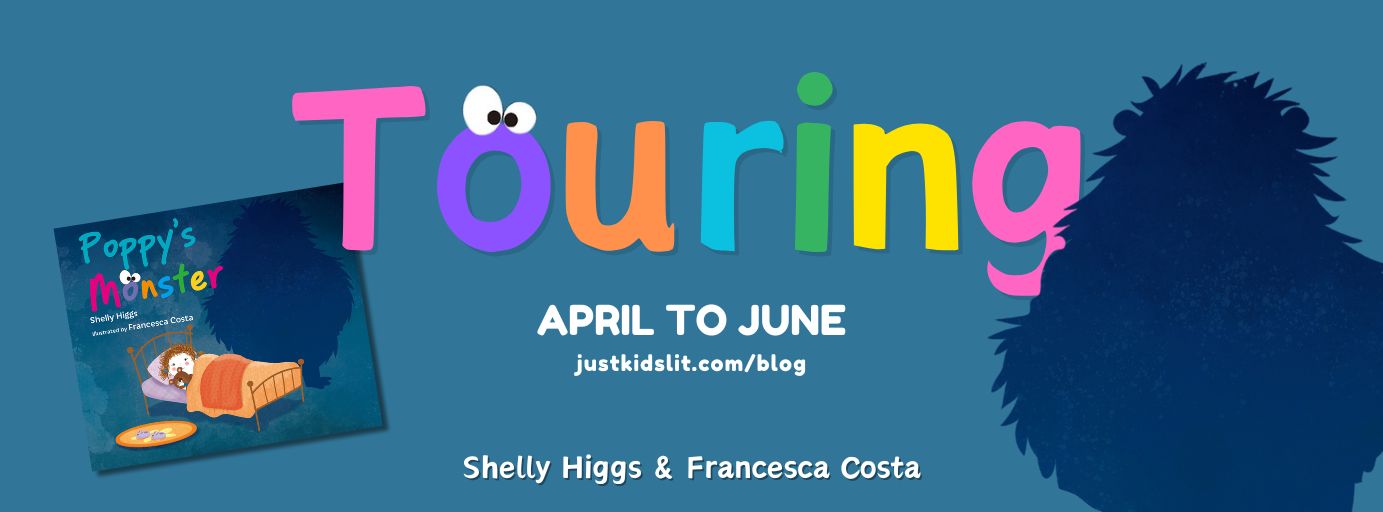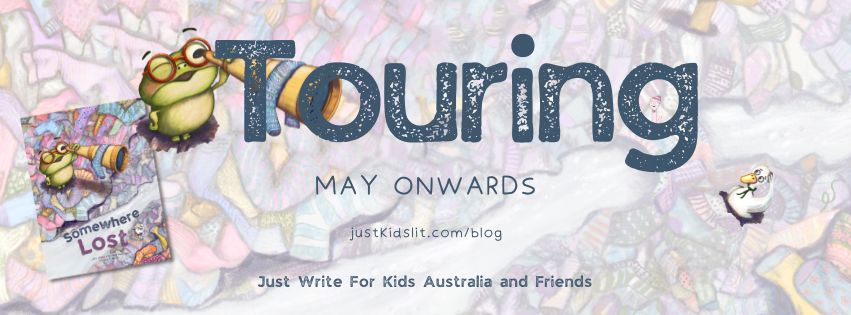How Not to Be Popular, Cecily Anne Paterson, Wombat Books, 2019
From the publisher: Maddie tries to be nice to everyone. Even weird, chicken-obsessed Tahlia.
BUT she’d way prefer to hang out with the cool K-girls at school. The only problem is that they don’t seem interested in her anymore. And at Year 6 camp Maddie has a decision to make: how far will she go to be popular?
Will she be able to live with the guilt when she finally has everything she’s been hoping for?
My daughter is six years old. She’s still at the age where she thinks I’m vaguely cool, thinks “fashion” is wearing every clashing pattern in her wardrobe, all at once, will sing and dance in the middle of the mall and isn’t quite sure what I’m doing when I’m putting on mascara (to be fair, I don’t really know what I’m doing, either). I live in dread of the days to come, when I’ll suddenly be excruciatingly daggy and she’ll know more about popular culture than I do.
When she starts to worry about being “cool” and “popular”.
Books like How Not to Be Popular give me hope. Not that the days of tweendom won’t be tough, but that being that age really isn’t so different now from what it was like when I was young.
Maddie, in fact, reminds me quite a bit of child me. While I might have been a bit more bookish and “nerdy” than she is (and I was definitely never even close to popular), young me shared many of Maddie’s worries, passions and character traits.
Maddie is a perfectionist and likes being in control. She is also deeply concerned with what other people think of her, and with being “nice” to everyone. There are a couple of reasons given in the book for this. The first of these is that her mother is very preoccupied with being nice and with instilling kindness and generosity in her children. Maddie definitely subscribes to this way of being more than her younger sister, Ava, who is much more (delightfully) self-centred and carefree.
There is also a strange tradition at Maddie’s school – instead of voting for school leadership positions at the beginning of the year, all the grade six students are “leaders”, and the school captain figures are only elected at the end of the year. While I have never heard of this practice before (I don’t know if it stems from any real-life school experience), I found it really interesting. On the one hand, it does encourage all the grade sixes to take responsibility for leadership within the school. Conversely, the actual result of the practice seems to be a culture of one-upmanship, and of striving for popularity, as it is a popular vote that determines the “winner”.
Maddie definitely feels this pressure, and it is one reason for the way she behaves. However, her need to be liked and to be nice to everyone seems to go deeper than a simple desire to do well in the “competition”. It’s not only because of her mother – her sister doesn’t behave in the same way, so it is an inherent facet of Maddie’s personality to want to please. Also, even when it seems clear she won’t win the popularity vote, instead of giving up on being nice and beginning to treat people badly, she seems to double down and become even kinder to everyone – even those who wrong her. Some would consider she has every right to reject and undermine her former friends, but she treats them with kindness and compassion even as they are terrible to her.
She also begins to find out, after her friends betray her and the carrot of the school captain position seems to be gone, what it means to truly be a friend to someone, and for this friendship to have nothing to do with popularity.
She finds this in two places – with chicken-obsessed outcast, Tahlia, and with some of the younger kids at the school. The first friendship is thorny because Maddie did a horrible thing to Tahlia, as part of her quest to be liked by her friends. The second is complex, too, because Maddie worries at first about being seen as pathetic, hanging out with little kids. But she soon discovers that Tahlia and the smaller children show friendship in a very pure, uncomplicated way. They all like Maddie exactly as she is – she doesn’t have to constantly strive to win their love.
It’s a very important lesson and one that is beautifully told in the book. It’s one that many adults still need to learn: a real friend won’t make you work for the friendship. They will love you exactly as you are.
This is an incredibly sweet book. It’s very insightful and true and Cecily Anne Paterson’s ability to absolutely inhabit her young characters is a testament to her skill as a writer, and to her empathy with young readers.
I wish I’d had this book, when I was a kid. I’ll definitely be keeping it on the shelf, for when my daughter begins her journey into tweendom.






